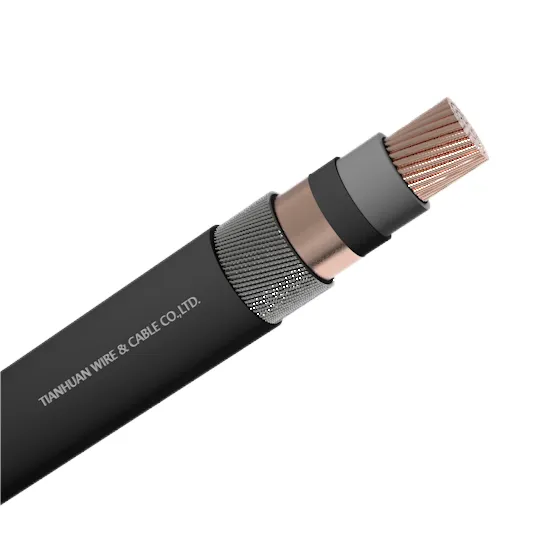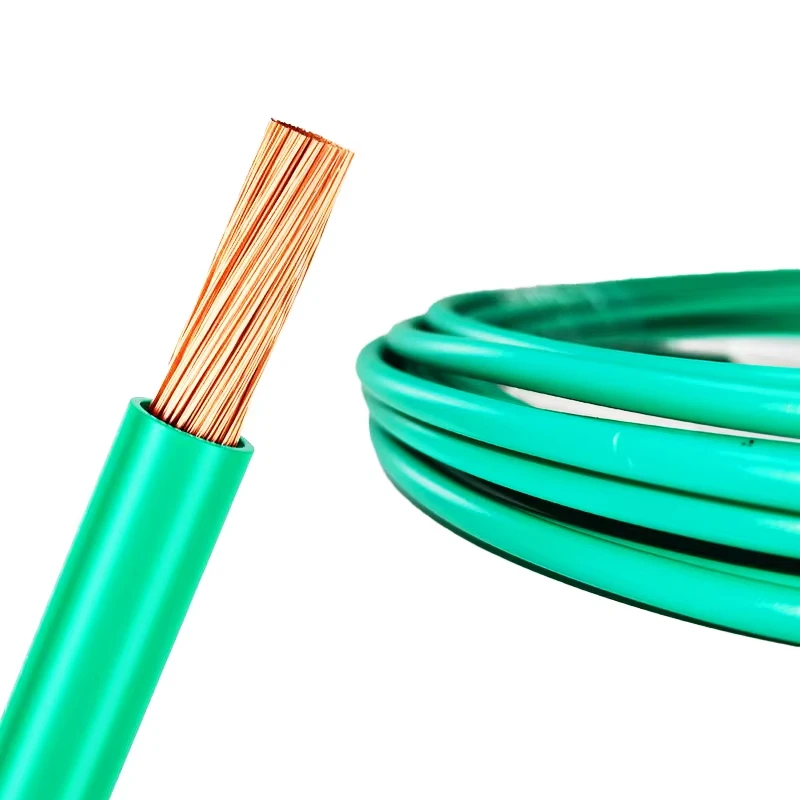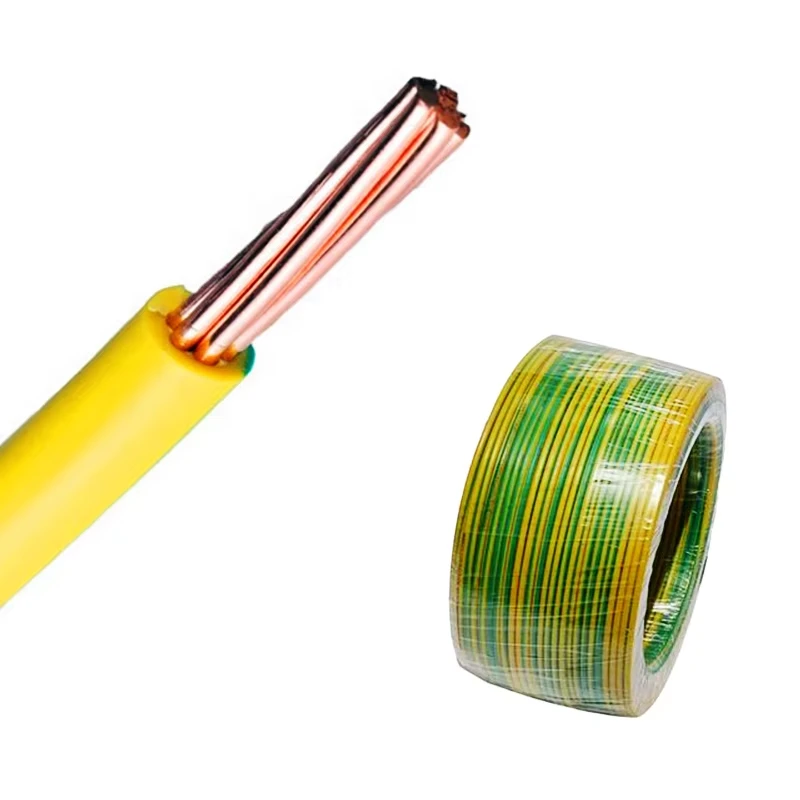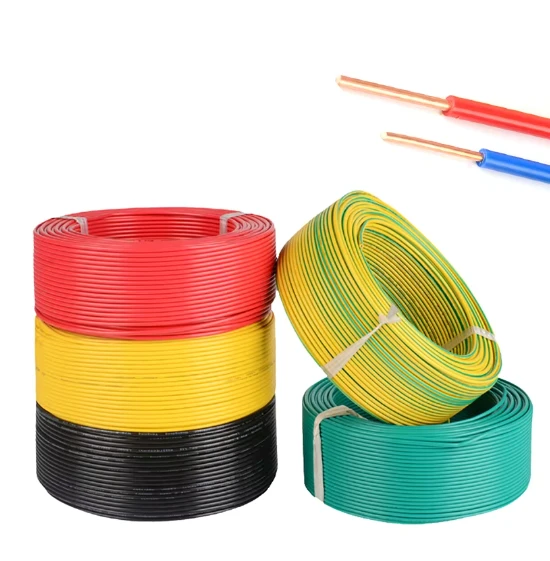
CE Certification for Mineral Insulated Wire and Its Compliance Standards and Benefits
Understanding CE Certification for Mineral Insulated Wire
Mineral insulated wire, often referred to as MI wire, is a type of electrical cable that is renowned for its durability and resistance to extreme environmental conditions. Unlike traditional cables that use plastic or rubber insulation, MI wire utilizes a solid copper or aluminum conductor that is surrounded by a mineral insulation layer, typically composed of magnesium oxide. This unique construction provides enhanced protection against fire, moisture, and mechanical damage, making MI wire an essential choice for many industrial and commercial applications.
As with any electrical product, safety and compliance with regulatory standards are paramount. One of the most significant certifications that mineral insulated wire can obtain is the CE mark. The CE (Conformité Européenne) mark is a declaration by the manufacturer that the product complies with the essential requirements of European health, safety, and environmental protection legislation. This certification is crucial for companies wishing to market their products within the European Economic Area (EEA).
The process of obtaining CE certification for mineral insulated wire involves several key steps
. First, manufacturers must ensure that their products meet the relevant European directives, such as the Low Voltage Directive (LVD) and the Electromagnetic Compatibility (EMC) Directive. These directives outline stringent safety and performance standards that must be adhered to.ce certification mineral insulated wire

Once compliance is established, manufacturers must prepare technical documentation that demonstrates conformity. This documentation typically includes design specifications, test reports, risk assessments, and user manuals. Depending on the product and its intended use, third-party testing by a notified body may also be required. This independent assessment enhances credibility and assurance of safety.
Labelling is another critical aspect of CE certification. Once a product is certified, it must bear the CE mark, along with the manufacturer's name or trademark, and any specific information required by applicable regulations. This marking helps customers and regulatory authorities easily identify products that comply with EU standards.
In summary, CE certification for mineral insulated wire signifies a commitment to safety and performance, ensuring that these cables can be reliably used in critical installations. From commercial buildings to power plants, the robust nature of MI wire, combined with CE certification, bolsters confidence among engineers and contractors, ultimately contributing to safer electrical systems and infrastructure. As industrial standards continue to evolve, staying informed and compliant with certification processes remains essential for manufacturers and consumers alike.
-
XLPE Cables: The Heat-Resistant Solution for Summer BBQ SafetyNewsMar.05,2025
-
Why XLPE Cables Are the Silent Guardians of Your HomeNewsMar.05,2025
-
Powering the Future: MV Power Cable Solutions for Electric Vehicle InfrastructureNewsMar.05,2025
-
MV Cable Stable Power Supply SolutionsNewsMar.05,2025
-
Medium Voltage Power Cables: Ensuring Productivity for Remote Work InfrastructureNewsMar.05,2025
-
Understanding Medium Voltage Cable and Its Importance in Electrical SystemsNewsFeb.13,2025
-
Medium Voltage Wire: Powering the Future with Quality and ReliabilityNewsFeb.13,2025














